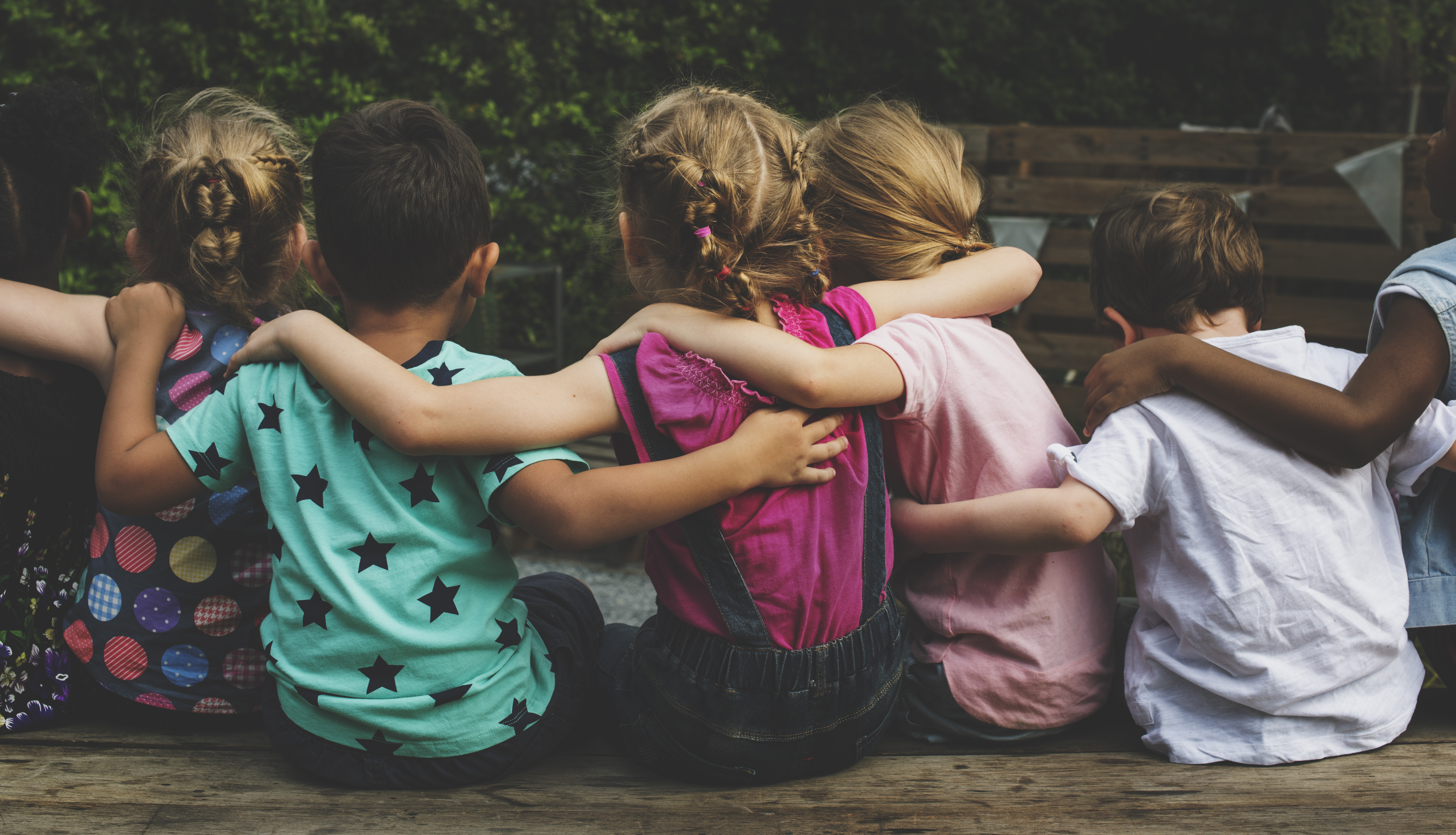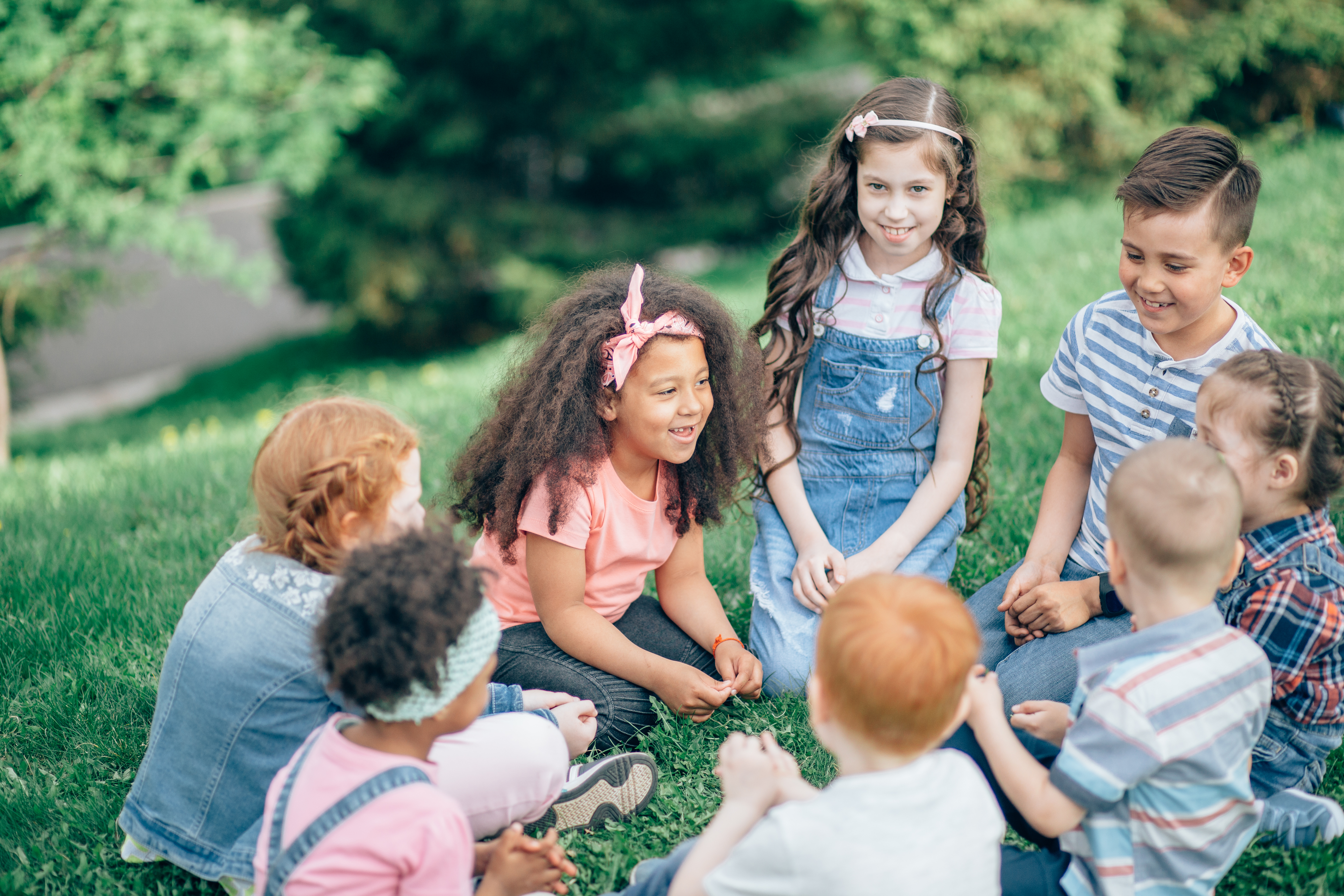On affection, friendship, love and hate
Psychoanalyst and writer
- One of the things about the initial affectionate relationship is that there’s mutual accommodation, that people are attuned to what the other wants and lives and is frightened of.
- Once you exploit someone’s affection, you effectively exploit their innocence, you rob them of their innocence. Innocence means fundamental trust, unsuspicious trust.
- Friendship is a very important period in a child’s life, when they begin to realise that there might be real pleasures outside the family circle.
- It’s misleading to think we either hate each other or we love each other. Wherever there’s love, there’s hate. Wherever there’s hate, there’s love.
Why is affection important?
The reason affection is important is because a good life is an affectionate life, essentially. Affection, at least in English, is a very interesting word because it overlaps with a lot of other things that it’s different from. We know as children that it’s in some ways misleading to think of children and parenting as sexual. Clearly, there are erotic elements in it, but it’s presidingly an affectionate relationship, and in affection there is an acknowledgment of mutual vulnerability. Children begin, ideally, in an affectionate world.
If you want to get a sense of the perils of this, you might think of tickling. Tickling as a process begins as an act of affection, but it very quickly tips over into something that is like torture, because in tickling there’s no climax. You can exploit somebody’s desire for affection in such a way that they suffer acutely. One of the things I think I want to address is what our fears of affection are, which are to do with the way in which it can be exploited. That is to say, somebody can seduce us by being initially affectionate when, actually, they have other desires that they’re using the affection as a means to. At its best, affection that is trustworthy is something that is genuinely heartening and fortifying. If people can rely on the affection of others and their own affection, they feel much closer and less threatened. They feel much more as if they’re in a shared world.
The question is when and if the affection is going to turn into a different kind of seduction. At its best, affection is an end in itself. It’s a fundamental form of sensual solidarity between each other. It’s reassuring, it’s comforting and it’s not threatening. But the interesting question becomes, what has to happen for affection to become threatening? The answer to that is a version of when affection begins to turn into a form of non-mutual sexual desire.
A basic physical closeness

Photo by Rawpixel.com
We recognise affection very early on in children and their natural tendency to be in gentle physical contact with each other. There’s something very fundamental about that basic physical closeness that is reassuring because there is a foundation in the relationship which is to do with a genuine, mutual, sensual pleasure. It’s not about a climax. It’s not about overexcitement. Indeed, it’s not about that much excitement at all, but it’s some elemental form of comfort. Clearly, something about affection probably reproduces what might have been experienced in the womb, which is being contained, being physically held together. You can see when someone holds a child, there is a mutual accommodation of two bodies. That’s a very good picture of affection. When it’s bullying, however, the adult holds the child firmly. There’s no mutual accommodation.
So one of the things about the initial affectionate relationship is that there’s mutual accommodation, that people are attuned to what the other wants and lives and is frightened of. There’s no bullying, no humiliation and no excess. It’s mutually paced and it’s non-possessive. In other words, ‘I won’t demand that my child goes on cuddling me more than they want to.’ The child might come for a cuddle and then go off and do something else. And she must be free to do that, as though the affection is a kind of refueling, or just a reassurance, or a going back to base camp and then the child goes on from there. So ideally, affection doesn’t addict someone. It frees them. It gives them a bodily confidence in the world to go and do other things.
The exploitation of affection
What we see in sexual abuse is the adult’s need for something involving the exploitation of the child’s wish for affection and connection. In my experience, anybody who abuses a child has themselves been abused, which is why punishing abusers is so terrible in a way. This is one of the roots of abuse, which is people who have experienced adults who use affection as a seduction towards sexual gratification. Everything depends upon the extent to which the affection is being used to do something, because whenever affection is used to do something else, it’s no longer affection. Would preventing abuse or preventing this type of child violence mean going back to the history of the parents recreating this climate of mutual trust? You can’t prevent abuse, because everybody is dealing with their own histories, and there are trans-generational histories that are being transmitted.
In terms of treating someone who is abusive or has been abused, it’s very much about reconstructing the history of how this has come about and why it came to this. Insofar as it’s possible to reestablish trust because for an abusive or abused person, the unconscious assumption is that whatever the relationship is like, there are really only two positions: the abuser and the abused. Everything’s going to turn into that. So there’s an immediate narrowing of the repertoire, which, of course, is necessary because somebody has to be alert and vigilant to protect themselves, because the abuser only feels safe from being abused if they are abusive. It’s very much to do with safety and with emotional psychic survival. Even though terrible things are done in the name of these things, these are not evil people. They’re people who’ve come up with these particular self-cures to very difficult early predicaments, and part of the self-cure has involved the exploitation of affection. And once you exploit someone’s affection, you effectively exploit their innocence, you rob them of their innocence. Innocence means fundamental trust, unsuspicious trust.
How can we aspire to an affectionate life?
The risk is we could enact the idea of it. In a genuinely affectionate life, people are not made to feel, and people are not intruded upon. Affection is non-intrusive. It’s non-possessive and it’s non-violent. So it’s as though affection represents an environment of basic trust from everything else. But the affection is to do with the absence of threat, humiliation or invasion. It’s based on a regard for the other person’s privacy. So you’re not trying to, in an affectionate act, get someone to expose themselves. You’re not trying to get someone to reveal their desire for you. You’re not using them to gratify something like that about yourself. It’s much simpler. It would be very much to do with tact. We’re not going to be affectionate with somebody we meet immediately, but it would seem to me much better for a lot of people to think that in time, in a relationship, people could be affectionate with each other.
Friendship is crucial

Photo by UfaBizPhoto
One of the things that characterises good friendship is that people are easily affectionate with each other, that the sensual element in the relationship doesn’t carry threat. Friendship is crucial because it’s a very important period in a child’s life, when they begin to realise that there might be real pleasures outside the family circle. So at that point, your life changes dramatically. When you begin only having had family relationships, you begin to bring something of that to relationships with other people. That becomes both exploratory, experimental, intriguing and wonderful because you realise you have a capacity to use what you’ve learned in the family, to extend your social group, to modify your sociability. You have the opportunity to experiment with sociability. Whereas in the family, the roles get fixed fairly quickly.
However, mysteriously and for largely unknowable reasons, relationships sometimes end. We don’t know why, but it seems to me a real friendship only ends when there’s been a betrayal. If you betray your friend, you betray yourself, which is unbearable.
One of the most heartbreaking things that happens in adult life and sometimes in adolescence is the end of a friendship because it’s an absolute thing, it’s irredeemable. There are no second chances. An interesting question is, however, do relationships ever end? Of course, people die. People are no longer lovers, or friends, or husbands and wives. But of course, when you’ve had a relationship with somebody, it goes on in one’s mind. You may never see your friend again, but you may go on having a relationship with them. On the other hand, real affection never ends. That’s one of its qualities. Desire can end, love can end, but affection, when it’s real, doesn’t end. In that sense, our affectionate relationships could be the most reliable continuity in our lives.
Desire, love, affection
I think there’s inevitably overlap and everybody’s going to have a different view. For me, desire is very much about a somehow sexually generated wish for something unknowable that is deemed to exist in the other person. I think of love as much more comprehensive. In others, love includes affection and desire. Love doesn’t have to be sexual and it can be sexual. But love at its best is not or is minimally exploitative. Affection is almost the opposite of desire. If it’s not that, affection is a defence against desire. Affection is a different kind of sensual relationship. And what defines it is that it’s non-profit making. In a capitalist culture, the question is, what can I use affection to do? What can I get from it? How will it profit me? It becomes entirely a question of it being instrumental, of what it can be, what it’s used to do. Affection is a means to an end. In the unimaginable non-capitalist culture, it is an end in itself. Nothing else is wanted as a consequence of it.
Sexuality in our culture is often a decoy. When people don’t know what to do with each other, they think they should have sex. This doesn’t mean there isn’t such a thing as sexual desire, but I do believe sex is their cloud in the picture. It’s the ultimate commodity, as though it’s been decided that’s all. That’s what we all really want. What is very striking in the difference between affection and desire is that we can be affectionate with and to many more people than we can desire. Desire is very specific and idiosyncratic, whereas affection is much more on the side of solidarity. As a psychoanalyst, one of the things I’m implicitly working on is what the obstacle is to me and the patient having an affectionate relationship with each other, that there is a fundamental feeling of affection which becomes the medium in which a relationship and a person can grow. Often you have to work through an awful lot of so-called sexuality to get to something else, and sometimes it’s the other way around. Obviously, some people use affection as a refuge from sex, but the affection that I’m interested in is different from that. It’s not a refuge from anything.
Where there's love, there's hate
We are certainly able to love ourselves and others, but we have to bear in mind that we are very ambivalent about ourselves and others that we love and hate. These two things cannot help but go together. It’s misleading and oversimplifying to think we either hate each other or we love each other and ourselves. It’s actually always ambivalent. Wherever there’s love, there’s hate. Wherever there’s hate, there’s love.
Ambivalence should be taught in schools. By that I mean that it’s a very simple thing: if you love someone, then of course that person can frustrate you and then you will hate them. Anybody that is loved is always potentially hateable. Anybody that’s loved is always going to frustrate us because they’re not exactly our invention. They’re separate people. So it’s about learning to tolerate and bear ambivalence, and not to act on the hatred too much. In other words, it’s about diminishing vengefulness.
It seems easy in a practical sense, but we see how people are discriminated against in schools, for example, based on their gender and their race, and the school remains unable to cope with it. What strategy should you use? How do you practically address it?
White supremisist culture

Photo by Freeograph
It needs to be acknowledged that we live in a white supremacist culture, that everything starts from there. We have to develop and evolve different kinds of conversations about this, but they have to start from realistic premises. Education can do a lot. It’s very important that there is a genuinely multicultural education and that people are enabled and free to be curious about each other rather than only frightened of each other. The ways in which racism works should be explained to people: it’s about scapegoating, it’s about delegating parts of oneself that one’s frightened of or excited by to other people, and then punishing the other people. In other words, not that this is the answer, but there are bits and pieces. There are tricks of the trade that show you what you might be doing in your racism. And it needs to be made interesting, not just horrifying.
Discover More About
Affection
Phillips, A. (1995). On Flirtation. Faber & Faber.
Phillips, A. (1994). On Kissing, Tickling and Being Bored: Psychoanalytic Essays on the Unexamined Life. Faber & Faber.
Phillips, A. (2016). Unforbidden Pleasures. Penguin.
Phillips, A. (1996). Monogamy. Faber & Faber.